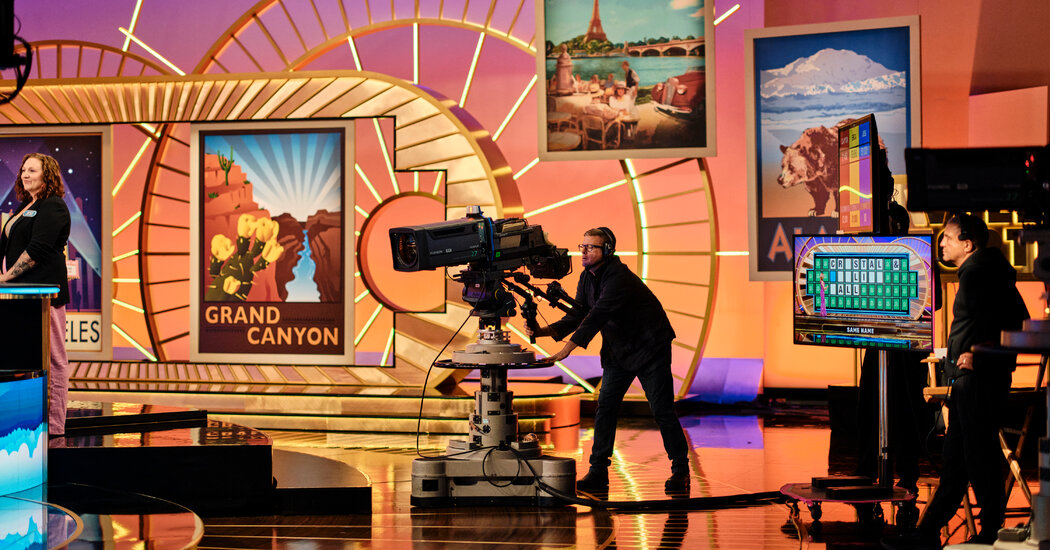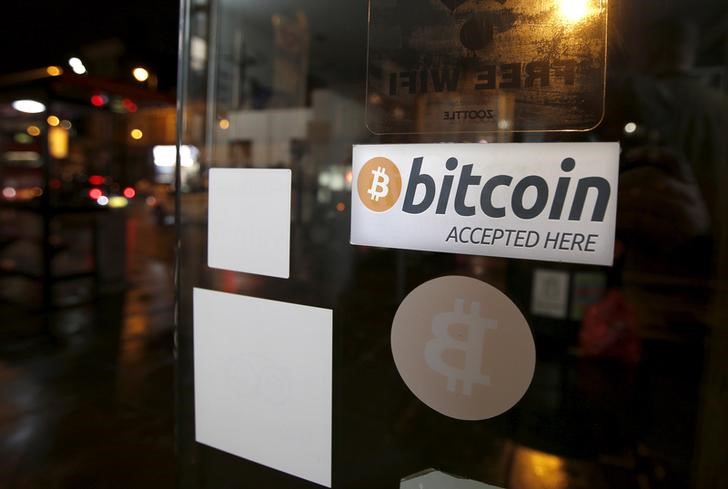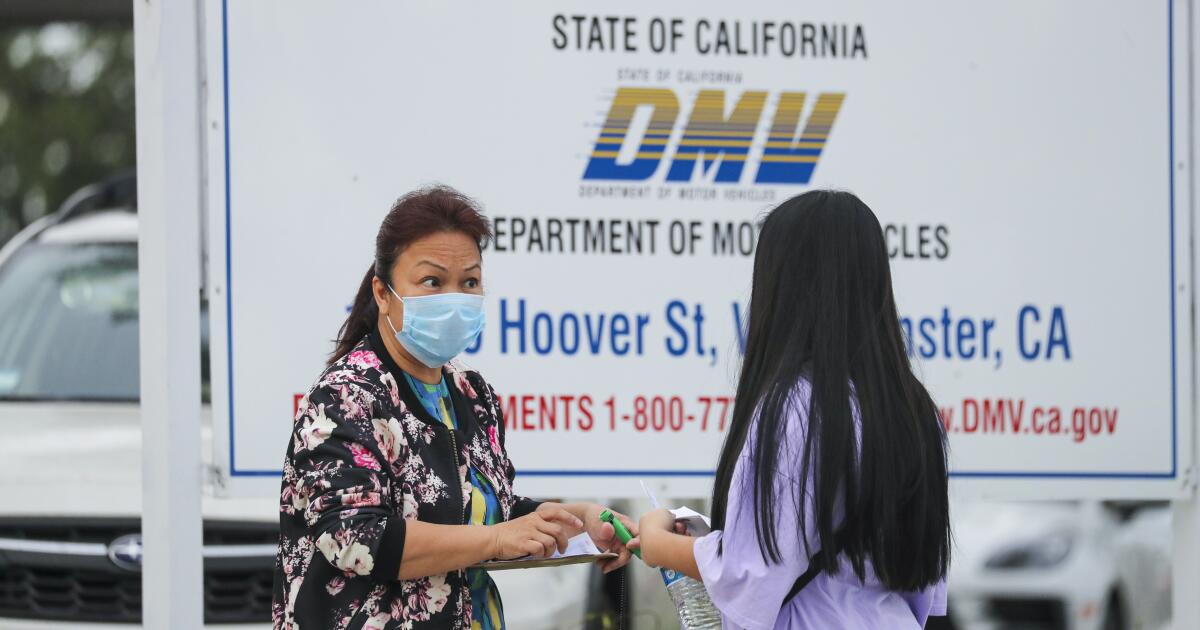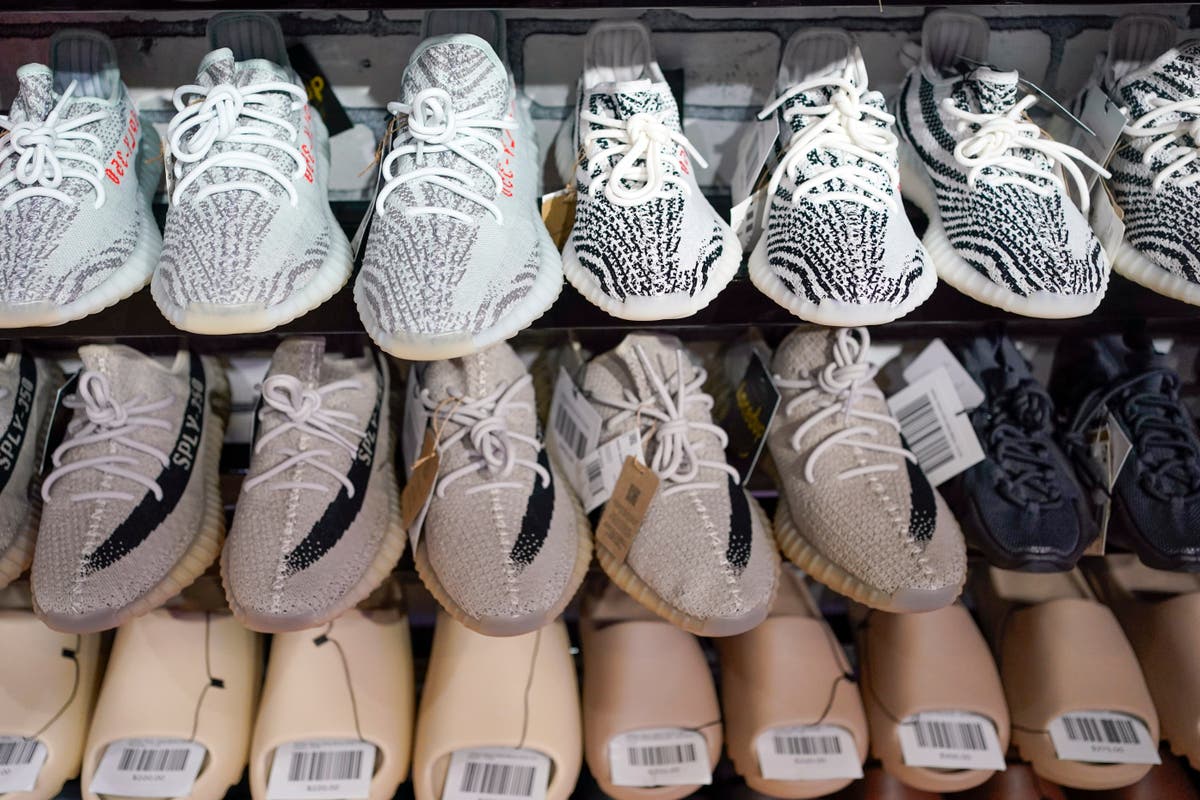With the fiscal year ending in August, Sweden's Inter IKEA, which supplies furniture to IKEA stores around the world, said its annual operating profit fell 26% due to the impact of US tariffs that raised costs.
Operating profit for the fiscal year ended Aug. 31 was 1.7 billion euros ($1.98 billion), down from 2.3 billion euros a year earlier, while revenue fell to 26.3 billion euros from 26.5 billion euros after cutting prices, according to brand owner IKEA.
IKEA stores in 63 markets around the world fell for the second consecutive year to 44.6 billion euros ($52.01 billion), the furniture maker announced.
Inter IKEA said in a statement that raw material prices and logistics costs had increased in the second half of the financial year due to uncertainties following the US tariff announcements.
While IKEA has reduced prices overall, higher U.S. tariffs have forced it to raise prices in the United States on some products, which it imports from factories in Europe and China. Lithuanian furniture maker SBA, which supplies IKEA, last month opened its first factory in the United States, in North Carolina, where it makes IKEA products such as its BILLY bookcases and KALLAX shelving.
The factory was planned long before US President Donald Trump embarked on his tariff-raising policies, Henrik Elm, Inter IKEA's chief financial officer, told Reuters.
But it's “very timely, of course, as that also helps us mitigate the effects of tariffs on best-selling products,” Elm said in an interview.
Inter IKEA said wholesale sales volumes increased by around 6% compared to the previous year, as shoppers responded to lower prices by buying more.
U.S. Supreme Court justices raised questions Wednesday about the legality of Trump's tariffs in a case that has broad implications for how Trump governs. The president, who warned that a decision stripping him of the right to set tariffs would be a disaster, said Thursday that his administration would need some kind of Plan B if the court ruled.
During an exchange with reporters in the Oval Office on the issue, one reporter noted that Chief Justice John Roberts had claimed that the tariffs were actually taxes paid by Americans.










